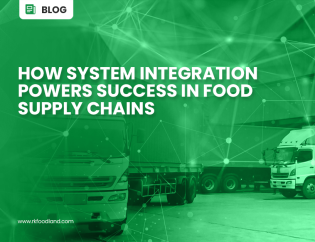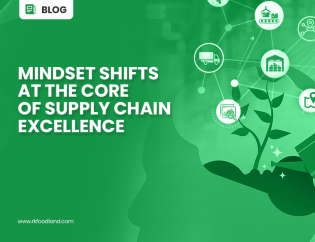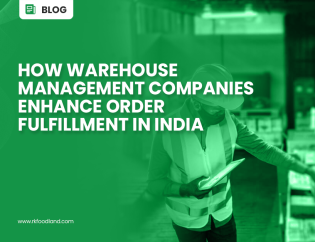
Companies and supply chain partners can create a highly competitive environment, by working closely together. The selection of the right partner is crucial as changing providers are cumbersome, costly and requires significant effort and can lead to costly inefficiencies.
But how does one identify that the SCM partners are capable of such collaborations and possess the horsepower needed to push the organization forward?
The choice is routinely based on factors such as cost, volume, and location, but assessing supply chain partnership performance is gaining strategic importance.
1. How is the operational performance of the SCM partner?
SCM partners must have proper demand, sourcing and procurement, production, and logistics process management. Supply chain partners must be evaluated on the supply chain KPIs. “On time In Full (OTIF)” deliveries help to measure the efficiency and accuracy of delivery or logistics in the supply chain. It facilitates better collaboration with customers, ensures reliability of delivery and gain customer loyalty.
The “Order fill rates” determines how one is managing the inventory levels efficiently to avoid stock-outs. Line item fill rates (LIFR) and inventory days are other essential indicators of how well the business can meet customer demands.
2. How is their technological competence?
Higher technical Competence is crucial while looking for right SCM partners for continuous improvements, network optimization, demand and supply efficiency, flow of information, visibility, and data-driven analysis.
For instance, a leading retailer adopted high-tech consolidation centers that utilized automated technology to enable increased volume and improve on-time-in-full delivery performance. With world-class logistic technology, the facility plans to be the most efficient consolidation center in the retailer’s supply chain. Partnering with Supply chain players with concrete IT infrastructure enables companies to gain an edge in the market and increase performance efficiency.
3. Do they provide integrated end-to-end services?
An integrated framework is essential to tie the whole network together to reduce perennial supply chain challenges such as functional silos, poor transparency of knowledge and information and the inadequate formation of relationships. Supply chain partners providing Integrated services creates value through end-to-end supply chain solutions rather than a collection of functions which operate separately.
4. Do they foster innovation?
Like all parts of business, new technologies, new processes, and new ways of thinking will make SCM partners stronger, more efficient, and more powerful. When supply chain partners are attuned in this way, they are much more effective at discovering and applying innovations that enhance competitiveness. The right supply chain partner must breed innovation right from streamlining processes, identifying new opportunities, and creating better ways to accomplish tasks for better partnerships.
An e-commerce giant announced that the company was developing a drone-based delivery system that would be delivering products in locations within 10 miles of its distribution centers within just 30 minutes or less and would self-destruct during flight, if required, to keep people safe. The firm is doing everything possible to leverage latest supply chain innovations to maintain its place as the clear market leader.
5. How strong is their learning dimension?
It is essential to choose supply chain partners who are adaptable and compatible in every aspect of business. Exploration, assimilation, and learning will assure a smooth functioning supply chain. Selecting partners with the ability and willingness to learn, and who want to create synergies will have a positive impact on performance measures and being a more market‐focused supply chain.
6. What are their organization values, culture, and strategies?
How compatible the two organizations are in terms of fair dealing norms such as transparency in sharing production and scheduling data, flexibility, mutuality, or openness, can definitively help working relationships to endure. It helps to tightly align with the business strategy, making decisions that will accelerate growth and performance. It is essential that SCM partners understand the values, cultures, and strategies of companies for long term relationships.
With over 30 years of experience, we at Radhakrishna Foodland possess a range of procurement and supply chain solutions to help enterprises in achieving their business objectives. Through our end-to-end supply chain services, we help companies to optimize their core expertise associated with the development of the products and create value for themselves, their vendors, and their end customers. Our Integrated Information Systems provide customized and design specific requirements to our customers and cater to every retail needs.
We constantly innovate our solutions for better adapting to the ever-changing ecosystem we operate in and enhance customer satisfaction. Our data driven, software-based demand planning, forecasting and order management solutions offer a standardized platform to centrally consolidate all supply chain operations. Our results and solution-based attitude empowers our customers to swiftly improve their top & bottom line and establish a footprint in high consumption locations in India.









